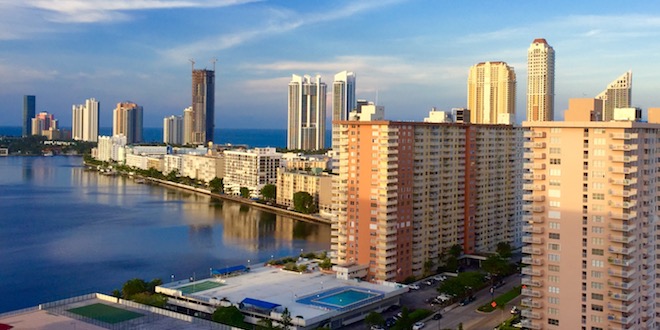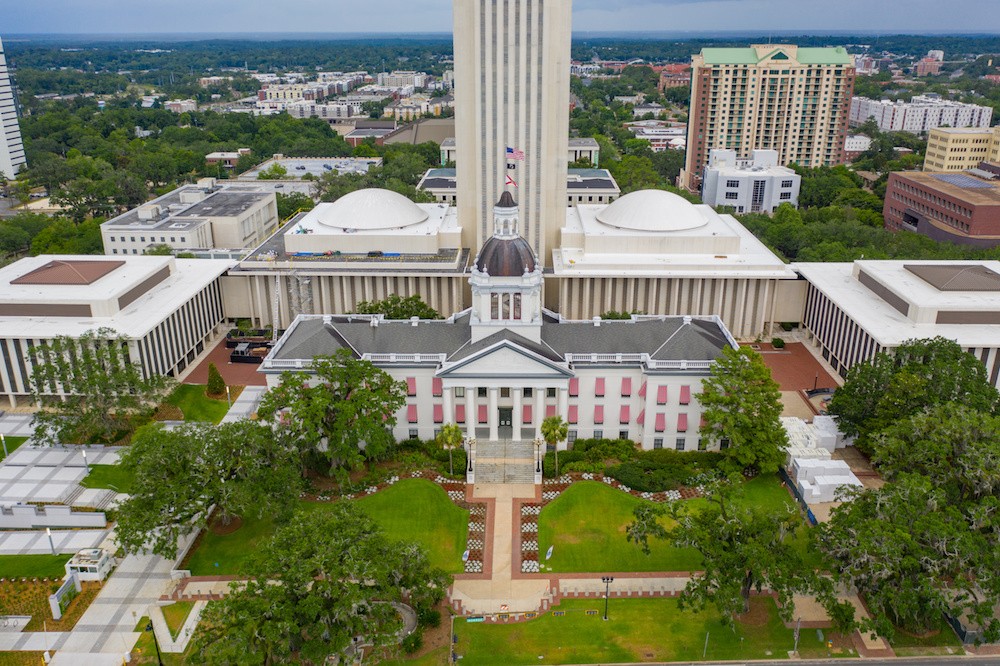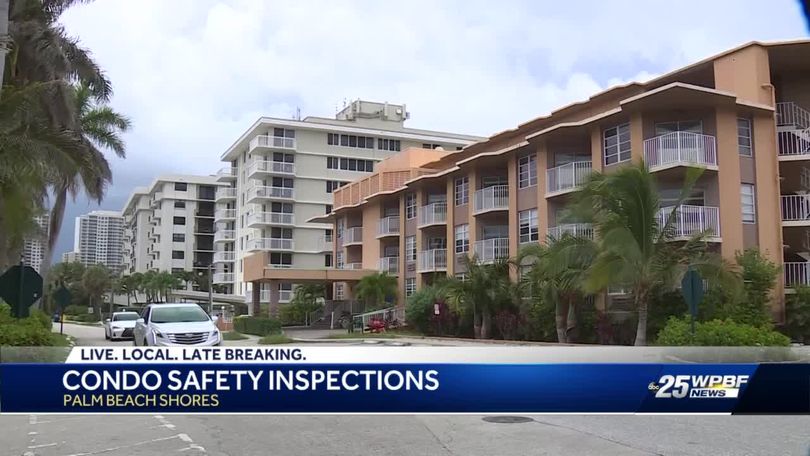UPDATE: Proposed Condo Law Fails To Pass In Wake Of Surfside Tragedy
Sun Mar 20, 2022 by Oppenheim Law on Florida Real Estate

As we discussed in an earlier blog, the 2022 Florida State Legislature had before them a proposed law which would have created one of the strictest condo inspection and reserve funding requirements within the United States. The legislation was an attempt to prevent tragedies such as the horrific Surfside, FL collapse last June, which raised issues of condo ownership, collective responsibility for condo maintenance and upkeep, and inadequate reserves.
However, the 2022 State Legislature failed to agree on a package of safety reforms which would have required inspections of older buildings, mandated monetary reserves for condo associations, and provided public transparency for maintenance and inspection reports.
 Florida Legislature
Florida Legislature
Picture courtesy Orlandoweekly.com
Apparently, the requirement of financial reserves was perhaps the biggest issue between the two legislative houses. Condo unit owners routinely do not vote in favor of annual proposals for their buildings to carry substantial cash reserves. As a result, unless the association imposes a special assessment on its members for large repairs, the repairs unfortunately are not done.
What now?
Florida will have to wait until next year or unless the legislature has a special session to focus on condo safety. This means that there will not be a statewide requirement for safety inspections of older condo buildings. In addition, condos in Florida will not be required to conduct “reserve studies” in which engineers periodically inspect a building and provide the condo board with an estimate to set aside in order to make the necessary repairs. In 2008, lawmakers mandated reserves which was repealed in 2010 when faced with opposition from condo associations as to the cost.
How may this affect condo purchases in South Florida?
Although the condo inspection and mandatory reserve law failed to pass, the overall issues of condo safety, association transparency, and reserve amounts have been in the media, demanding change in the Florida condo market. Potential condo buyers will perhaps, at a minimum, more likely review the long-term infrastructure planning of the overall condo.
While the proposed law has been sidelined temporarily, it will resurface. Some condos may proactively complete repairs and renovations and not postpone inspections. This still may result in increasing association fees for current unit owners who live in buildings where reserves are imposed. Some sellers may even have to lower their selling price to adjust to such increased costs, especially if the condo has extensive repairs to be done.
 Picture courtesy WPBF NEWS
Picture courtesy WPBF NEWS
Developers and investors may continue to potentially negotiate and offer lowered prices to tear down aging condo buildings in order to build new construction because the issue of maintenance and repair costs still exists. For, if that does not occur, local building departments will have to rev up their code enforcement policies and begin the unpleasant process of condemnation of entire buildings.
Eventually, in many older condos, unit owners that may be on fixed incomes and unable to provide their pro rata share of reserves needed to make necessary repairs may inevitably sell as it is only a matter of time since a mandatory condo law requiring inspections and reserves passes. As a result, there will be increased condo units on the market, causing sale prices to lower. More people may seek to rent placing more pressure on the rental market.
Finally, insurers will certainly increase their premiums on liability policies on older buildings that do not have adequate reserves as their financial exposure will invariably increase.
What does this all mean?
Legislation is necessary in order to make sure that condo associations have the necessary reserves and new developers set aside sufficient funds in their budgets for future repairs, especially as buildings age. It is difficult to require financial reserves from unit owners who simply do not have the financial wherewithal to pay their pro rata share. The legislature will have to balance the respective needs of the community—-a simple statement but a tall task.
Roy Oppenheim
From The Trenches


Leave a Reply